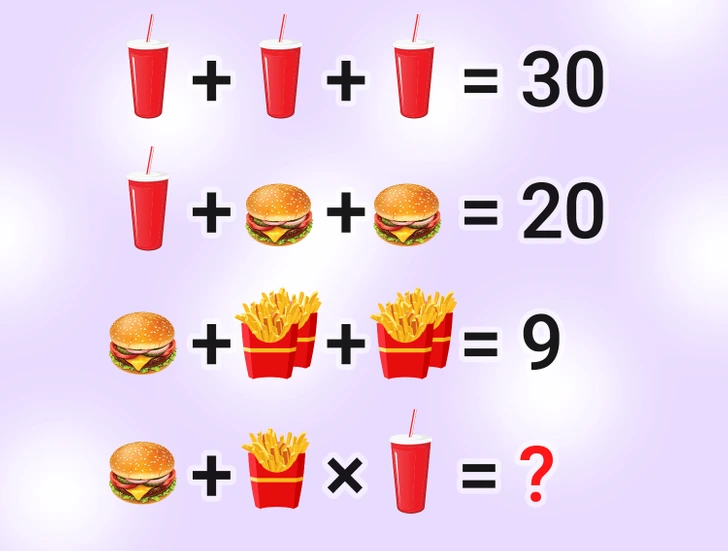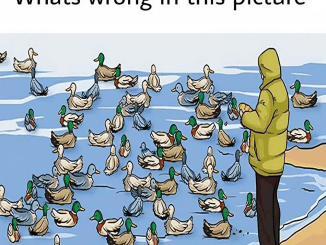Mathematics can be a daunting subject for many individuals. The intricacies and complexities of certain mathematical concepts often present formidable challenges. However, what may seem like straightforward problems can sometimes prove to be the most deceptive, leading one down a path of potential errors and frustrations.
Surprisingly, even seemingly simple mathematical tasks can have a way of tripping up the unwary. These unassuming problems, which may initially appear uncomplicated, can have a way of luring the unsuspecting into a trap of misunderstandings and miscalculations. A problem that appears straightforward on the surface may, in reality, conceal layers of complexity that can keep one scratching their head for hours.
Overcoming these deceptive mathematical challenges requires a keen eye, a deep understanding of the underlying principles, and a willingness to explore the problem from multiple angles.
1. Find the result.

The answer:

2. What is the correct answer?

The answer:

3. Can you find the result?

The answer:

4. How fast can you solve this one?

The answer:

5. What is the correct answer?

The answer:

6. Find the result.

The answer:

7. What is the correct answer?

The answer:

8. What is the correct answer?

The answer:

9. What is the correct answer?

The answer:

10. Can you find the result?

The answer:


11. Can you find the result?

The answer:

12. Can you find the result?

The answer:

For individuals who do not consider themselves ardent fans of mathematics, the subject need not be viewed solely as a daunting endeavor. In fact, there exists a plethora of simple yet captivating mathematical problems that can pique the interest of even the most math-averse.
These deceptively straightforward mathematical puzzles have a way of engaging the mind and challenging the problem-solving faculties in a remarkably entertaining manner. Despite their apparent simplicity, they possess a certain allure that can quickly draw in the curious and the inquisitive, setting their “brain gears” into motion as they attempt to unravel the underlying complexities.
Whether one is a seasoned mathematician or a casual enthusiast, these seemingly uncomplicated mathematical challenges can provide a refreshing and enjoyable intellectual exercise. By exploring these problems, individuals can not only expand their mathematical understanding but also discover a newfound appreciation for the beauty and elegance that lie within the realm of numbers and logic.


